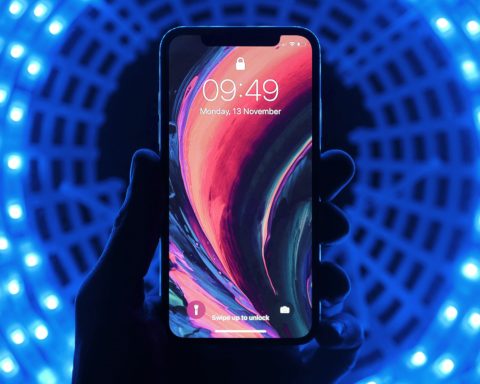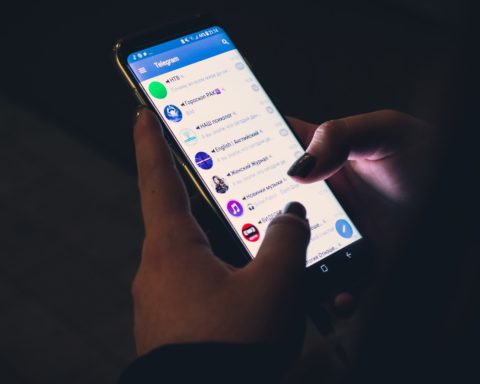Phone cameras are the eyes of your mobile devices. They allow us to capture the world around us. However, when compromised, they can be used against us.
In this article, we look at the best ways to prevent phone camera hacking.
What is Phone Camera Hacking?
Phone camera hacking happens when an unauthorized party gains access to your camera. Also, parties with authorization to your phone camera may violate your privacy, amounting to a hack.

This type of hack can happen through various means. The most popular phone camera hack is when third-parties have access to your camera and can use it to capture your surroundings.
Some of these hackers use RAT (Remote Accessing/Administration Tools) to monitor your phone camera.
RAT allows hackers to manage your camera and take pictures of you and your surroundings. These tactics are used to spy on you and track important information such as distance, which could be dangerous.
On the other hand, a third-party application on your phone could be secretly backing up all your pictures from your camera or be recording you.
For instance, Google recently disclosed an Android phone camera hack that allowed applications to access the camera, record video, and access geolocation data embedded in stored photos.
Ways to Prevent Phone Camera Hacking
You can prevent camera hacking through measures that defend your phone from potential attacks and remove attacks in case they bypass the defense.
Here are four ways of preventing camera hacking:
1. Frequently Update Your Operating System
Constant software updates may get annoying but are important. Most updates contain security patches that fix existing loopholes that may allow third parties to hijack your phone.
For instance, the Google Android camera hijack mentioned above was fixed through a security update sent to affected Android phones.
2. Manage App Permissions
Camera hacking may be disguised in an application through app permissions that seem harmless. Due to this, it is imperative that you always monitor every application’s permissions.
For iPhones, go to Settings > Privacy, where you’ll see a list of all apps and the permissions you’ve granted to them. On Android, you’ll find them in Settings > Apps & notifications > Advanced > Permission manager while on a Samsung Galaxy, you have to look in Settings > Apps > App permissions (using the three vertical dots at the top right).
3. Use AntiVirus Software
You have probably heard this a lot. Using antivirus software protects you from existing attacks or attacks that still manage to affect your phone camera.
What’s more, you should use antivirus software that has been tested and reviewed by industry experts to avoid having false security.
4. Don’t Jailbreak
Jailbreaking has become very popular among iPhone users who want to access software not available on the App Store. However, jailbreaking may expose you to malware and attacks that shouldn’t be possible on regular iPhones.
5. Put Stickers Over Your Camera
Putting stickers over your front and back phone cameras while you are not using them may sound low-tech but is an excellent way to protect yourself. Even the head of the FBI covers his laptop camera with a sticker, so why shouldn’t you cover your phone cameras too?
How to Know If Your Camera is Hacked

There are a couple of signs that may inform you that your phone has been hacked or, specifically, your phone camera.
Your phone gets very slow: If you begin to observe a sudden sluggish response when using your phone, it could be a sign. Malicious applications can run in the background and interfere with the phone’s functions. This interruption causes the phone to slow down.
Strange applications on your phone: If you notice unknown apps that you did not download yourself, especially related to the phone camera, it could be a sign.
Battery drain and hot battery: In some instances, your battery begins to drain faster than usual, and your phone remains hot for more extended periods. This phenomenon could be a sign that you have been hacked.
Data exhaustion: You may also notice that your phone is consuming more data than it usually does. Before you blame it on a hack, you should also check to see if you have not increased your amount of apps, uploads or downloads.
Other weird activities on your phone: If you see apps opening up without any initiation from your end, it could also be a sign that someone has remotely accessed your phone.
In the case where you notice any of these issues, you should find the problem and remove it. This can be through an update of the operating system and a scan by an antivirus application.








